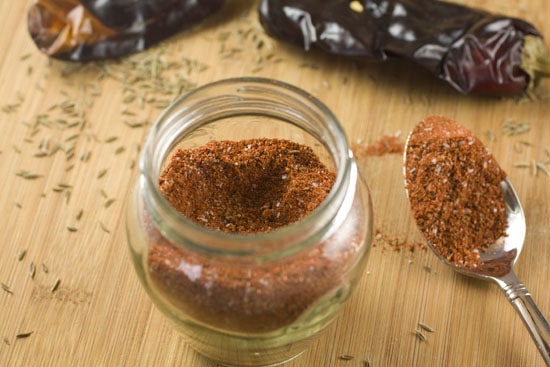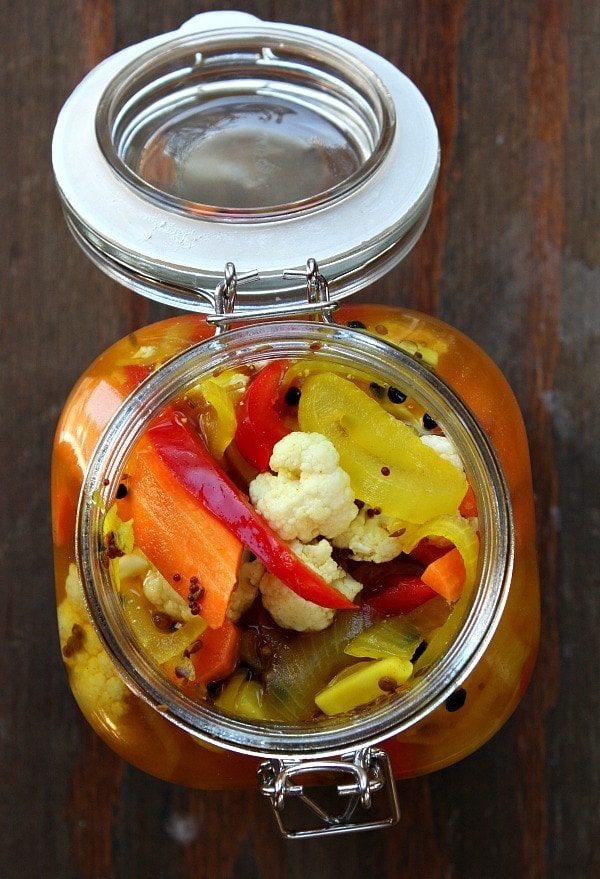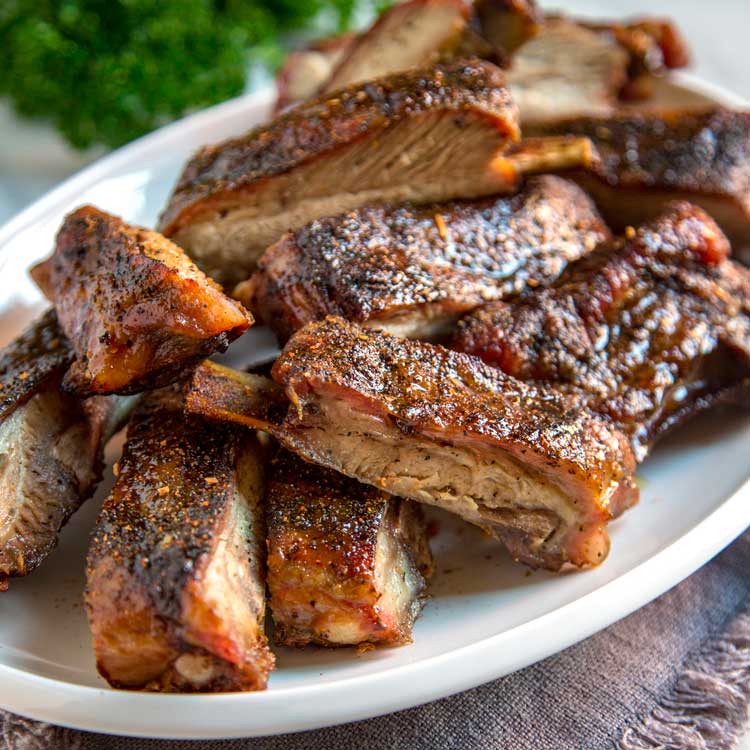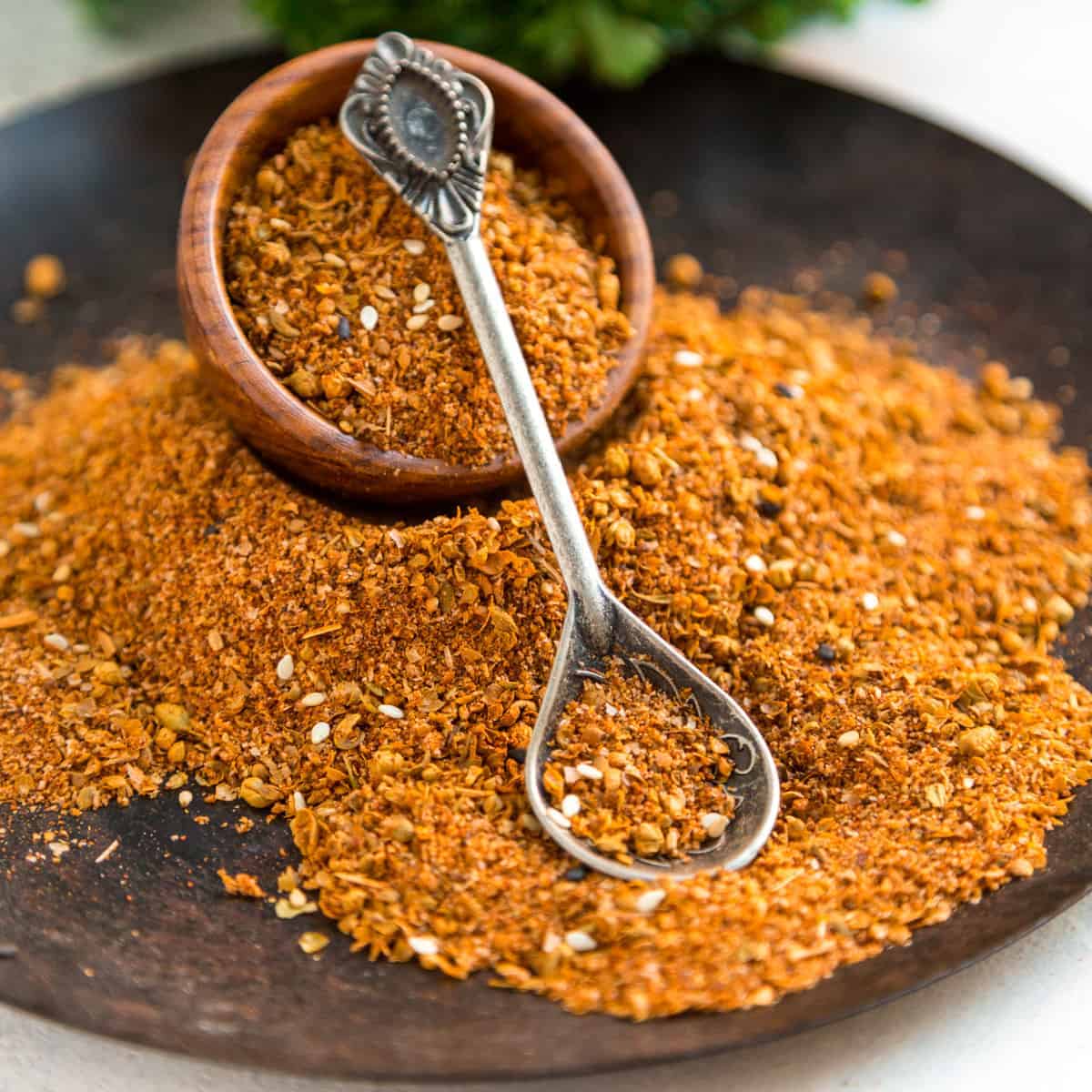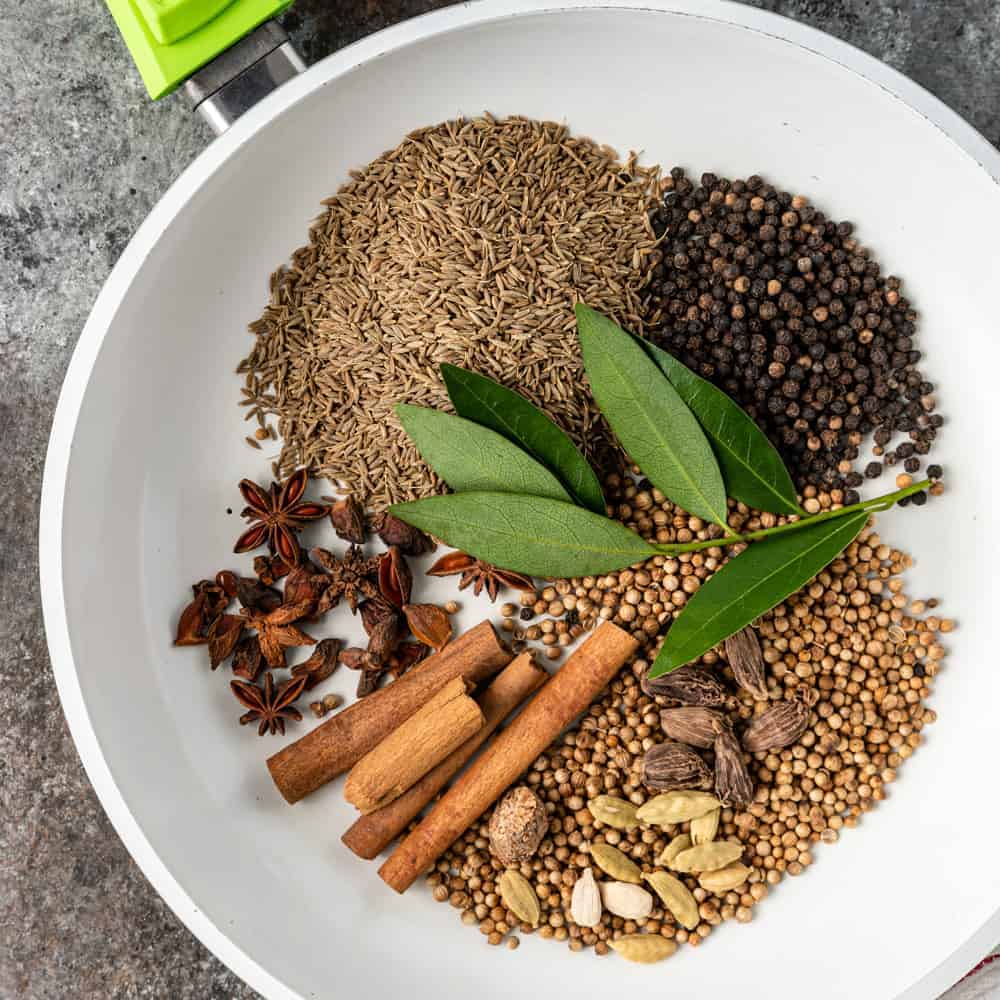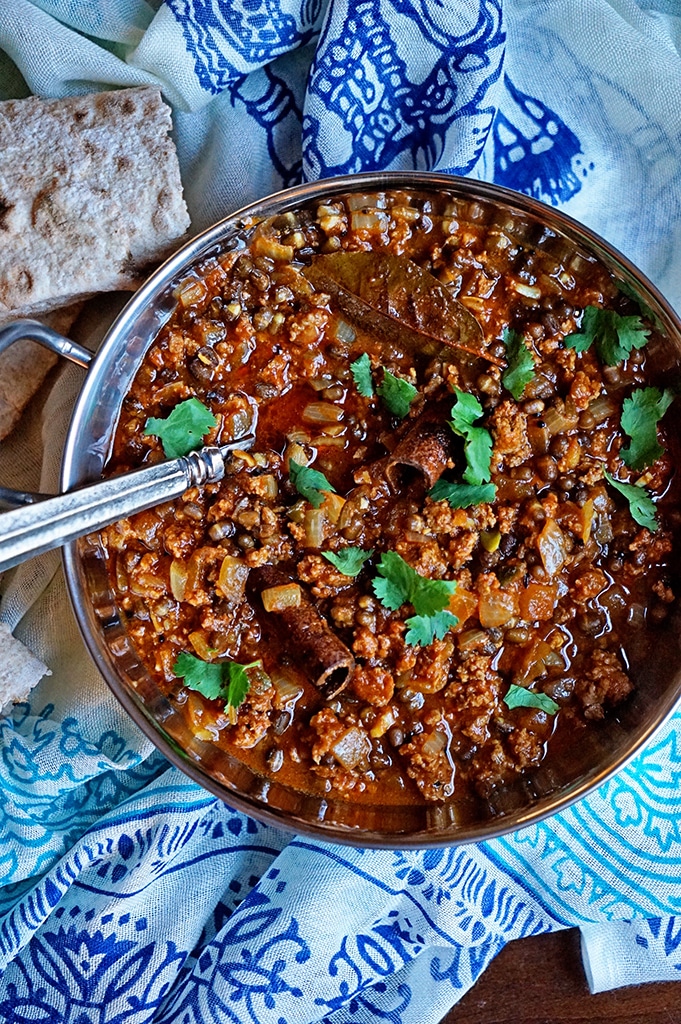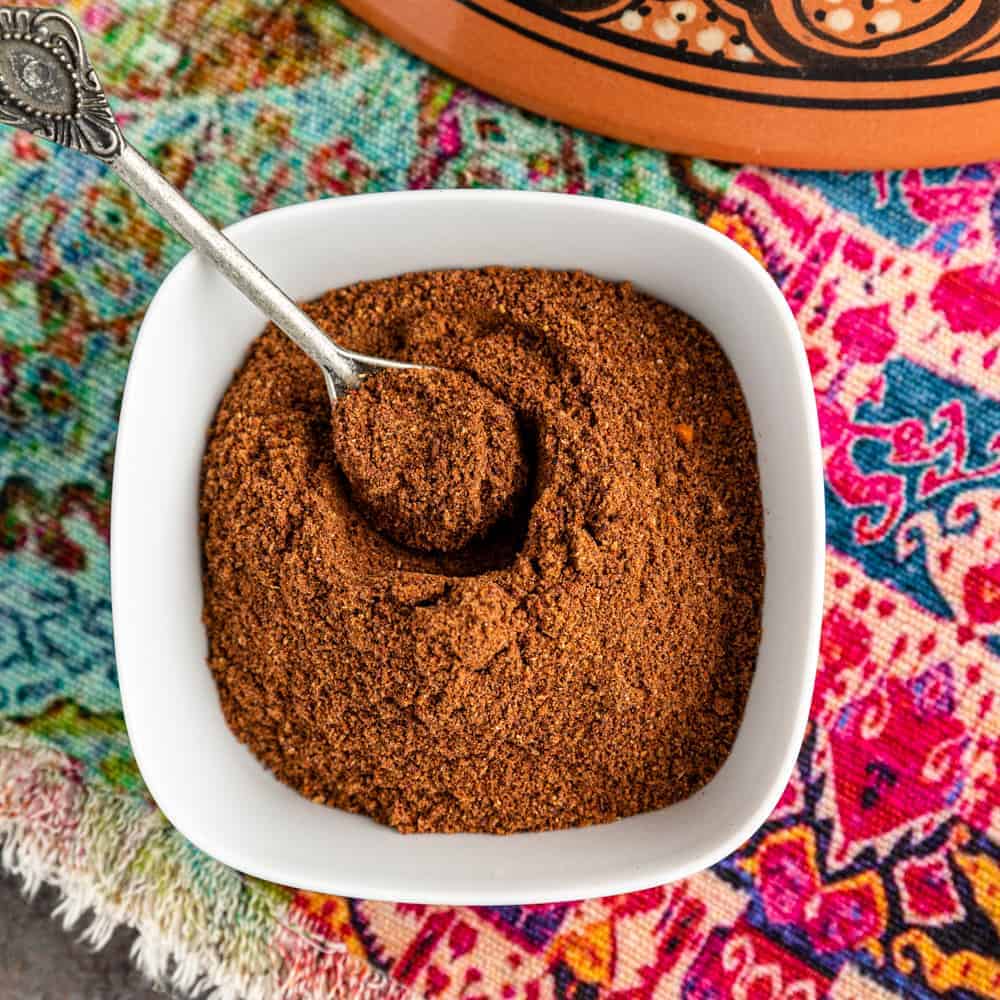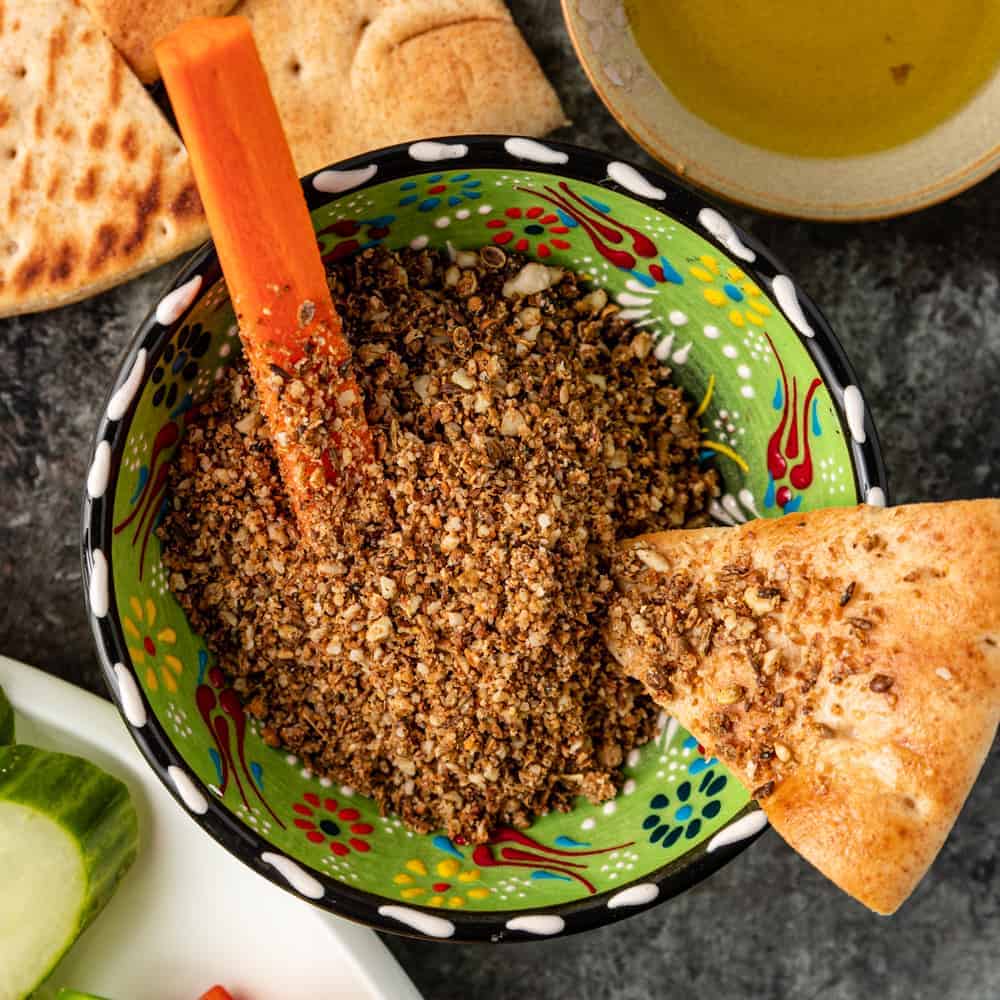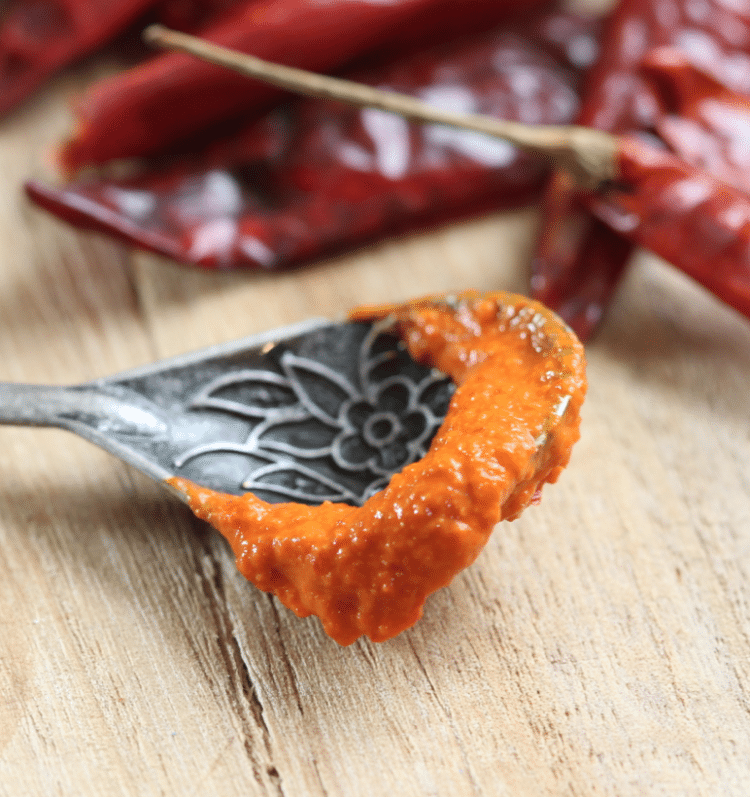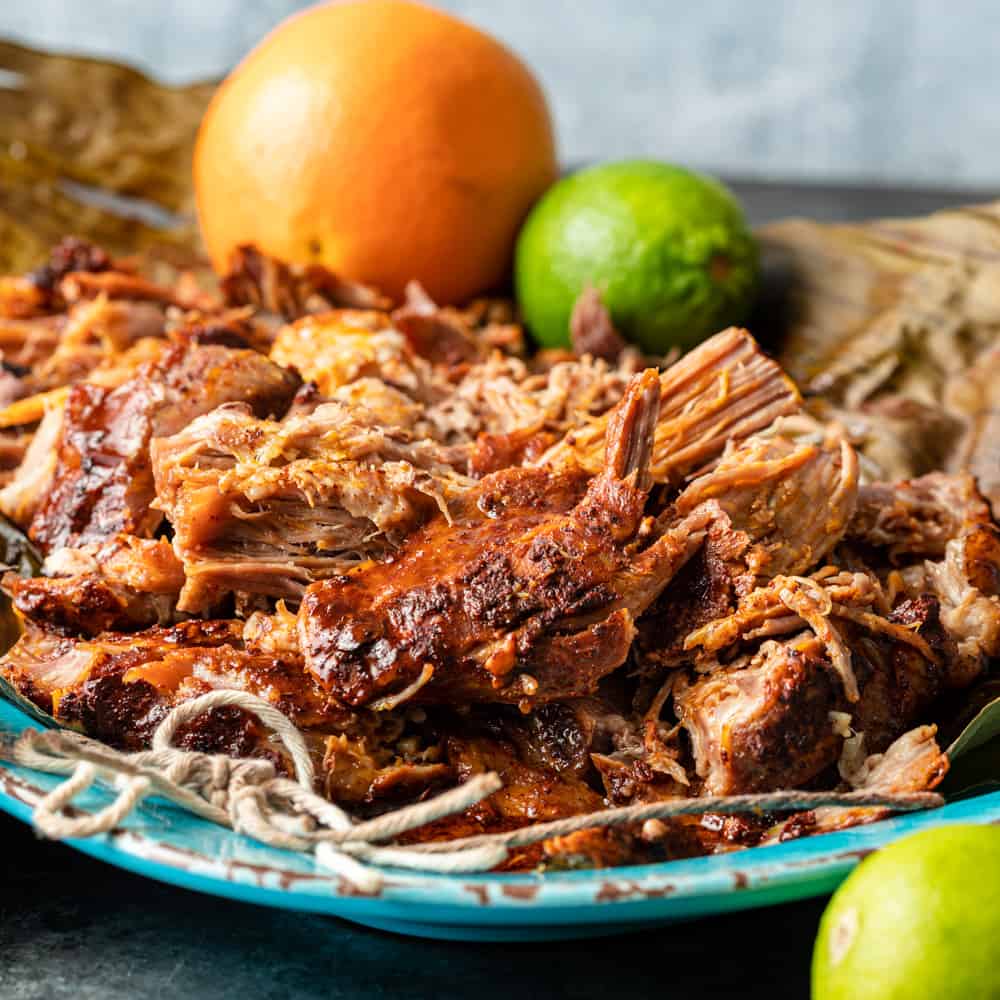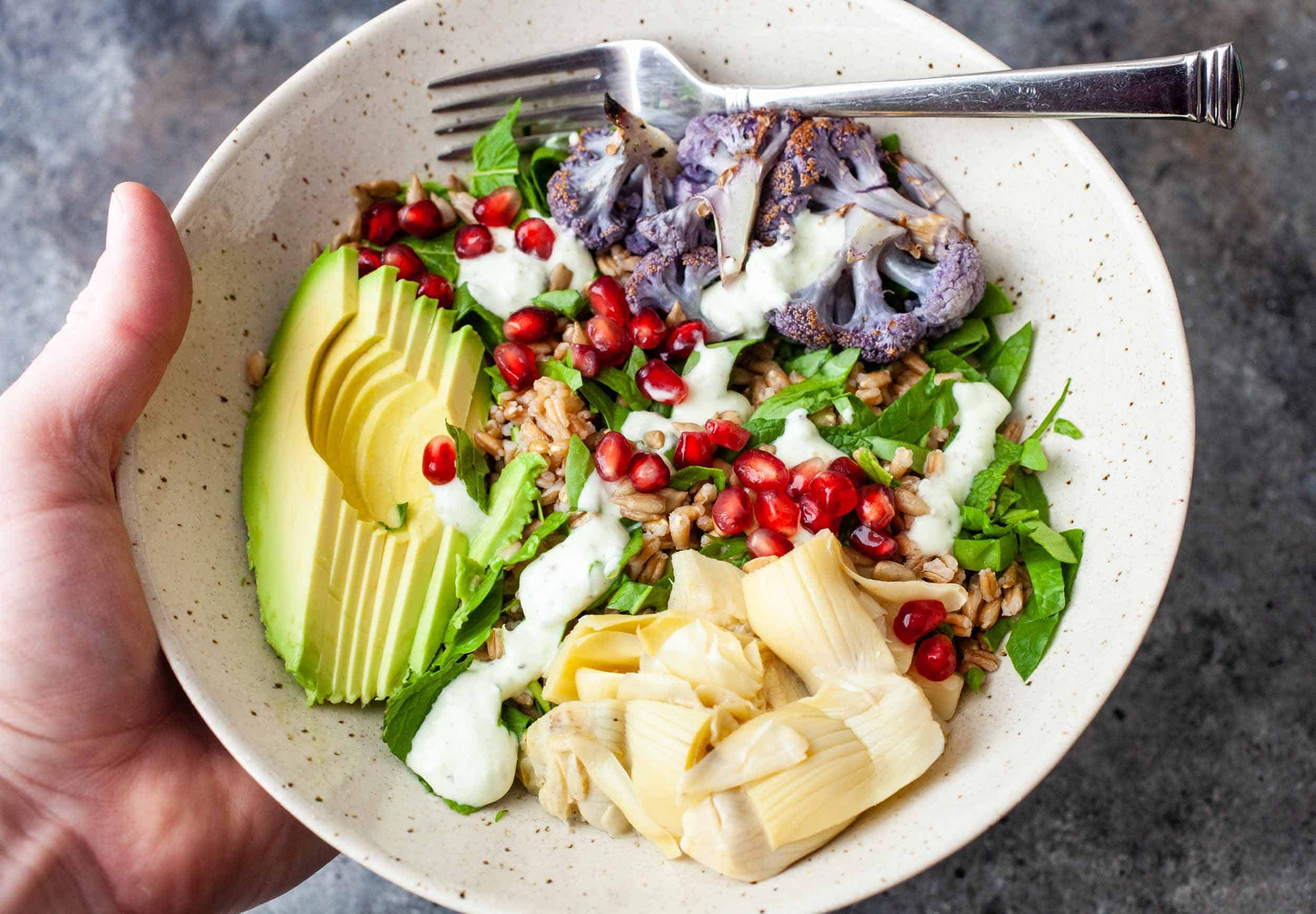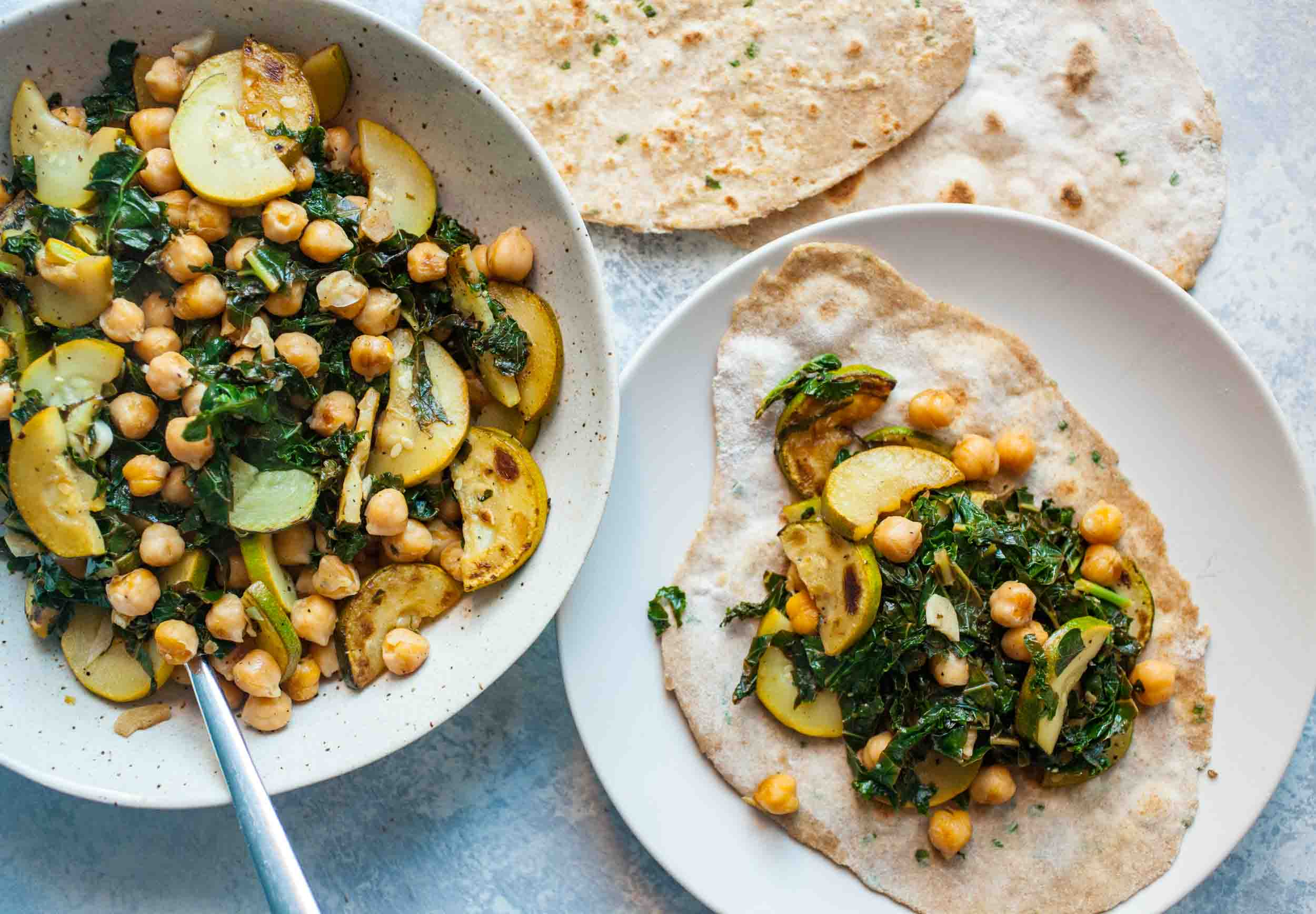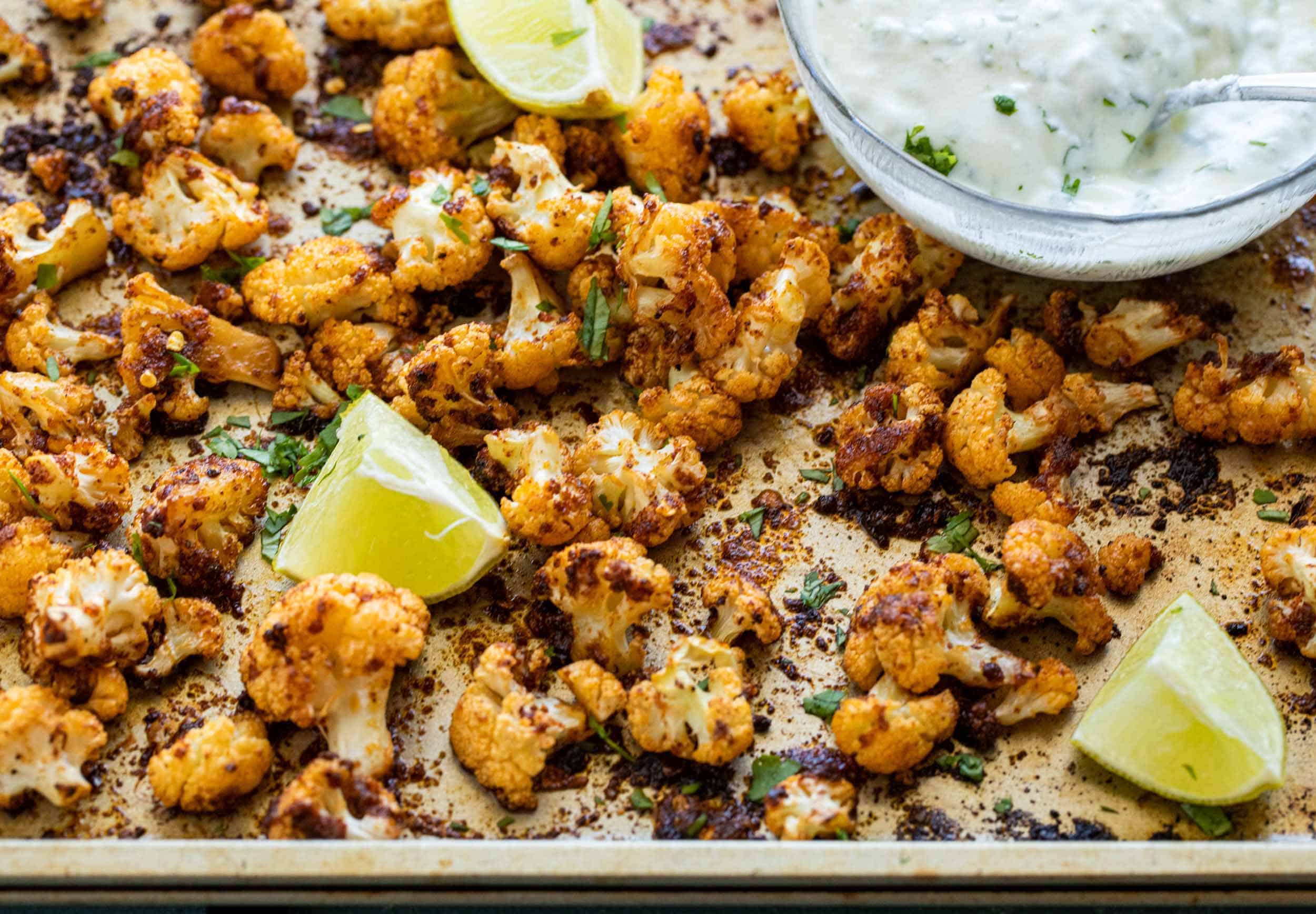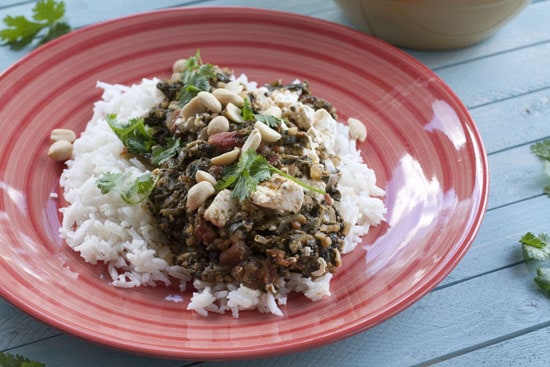Cumin: Important Facts, Health Benefits, and Recipes
Explore the health benefits of cumin, a versatile spice rich in antioxidants, iron, and vitamins, used in various cuisines and known for aiding digestion, boosting immunity, and reducing inflammation.
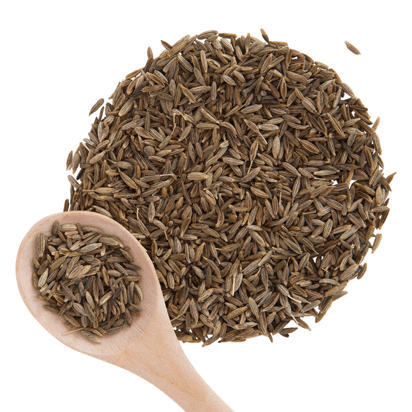
Nutritional Facts
1 tsp, whole
Amount per serving
Calories
7.9
Carbohydrates
0.9 g
Fat
0.5 g
Protein
0.4 g
Saturated Fat
0 g
Sodium
3.5 mg
Fiber
0.2 g
Sugar
0 g
Best Cumin Recipes
-

-
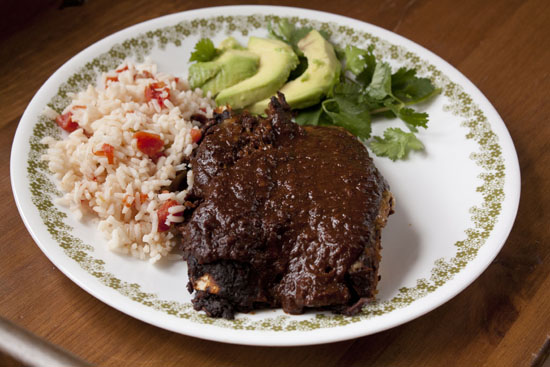
-
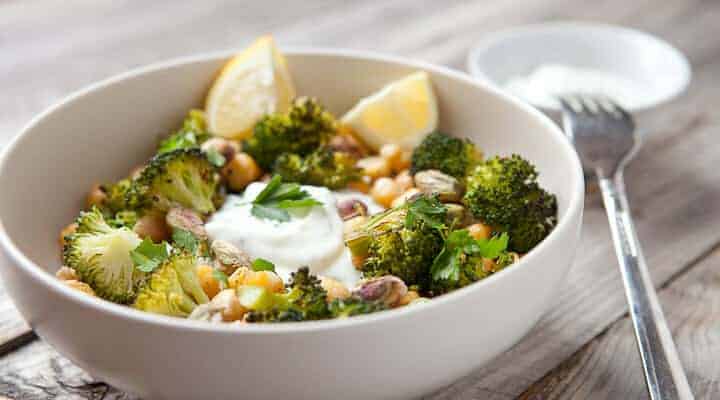
-
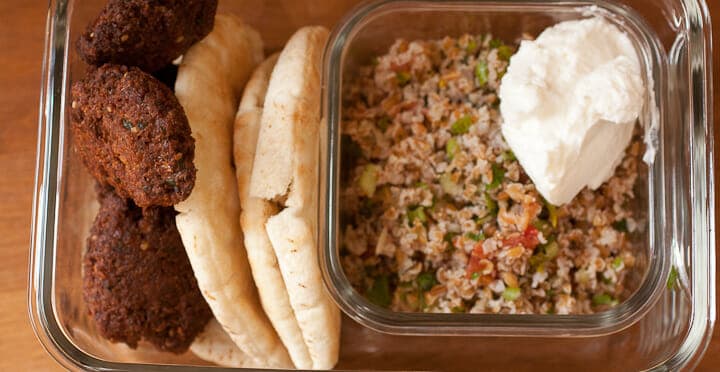
-
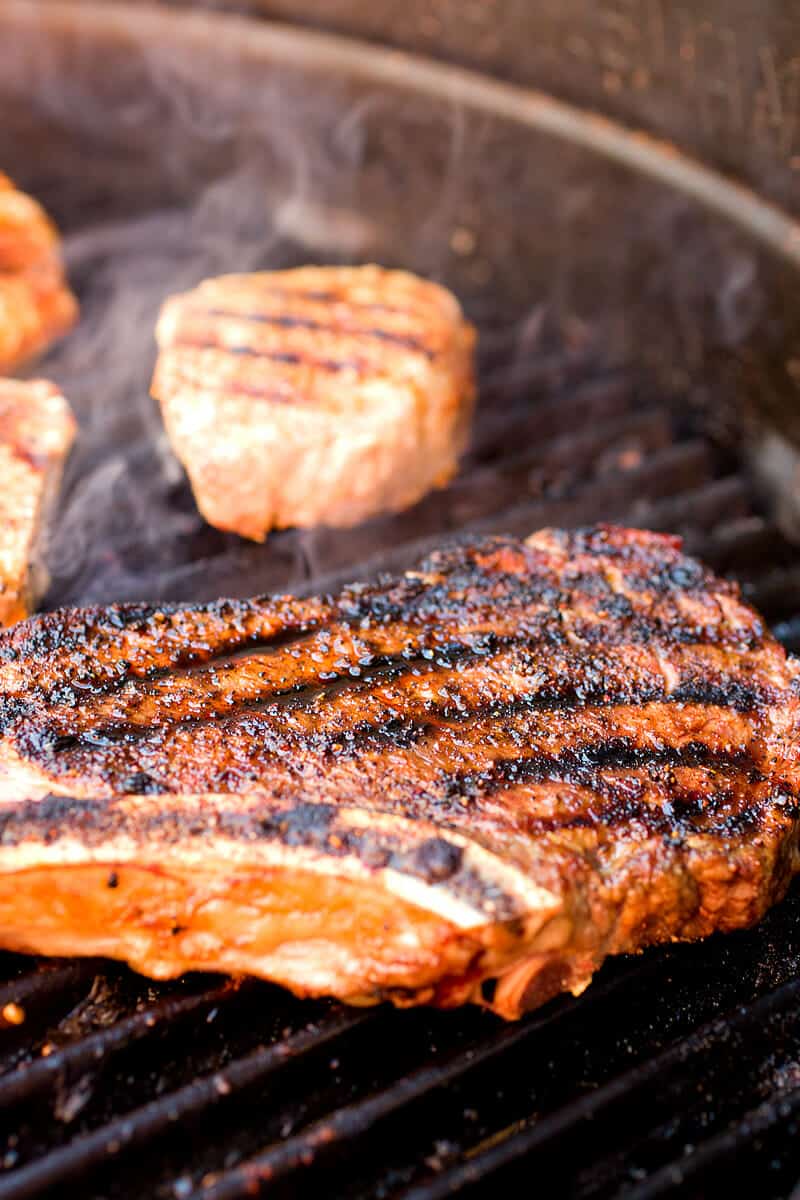
-
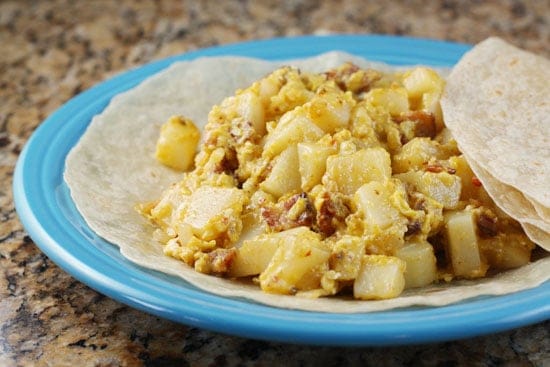
-
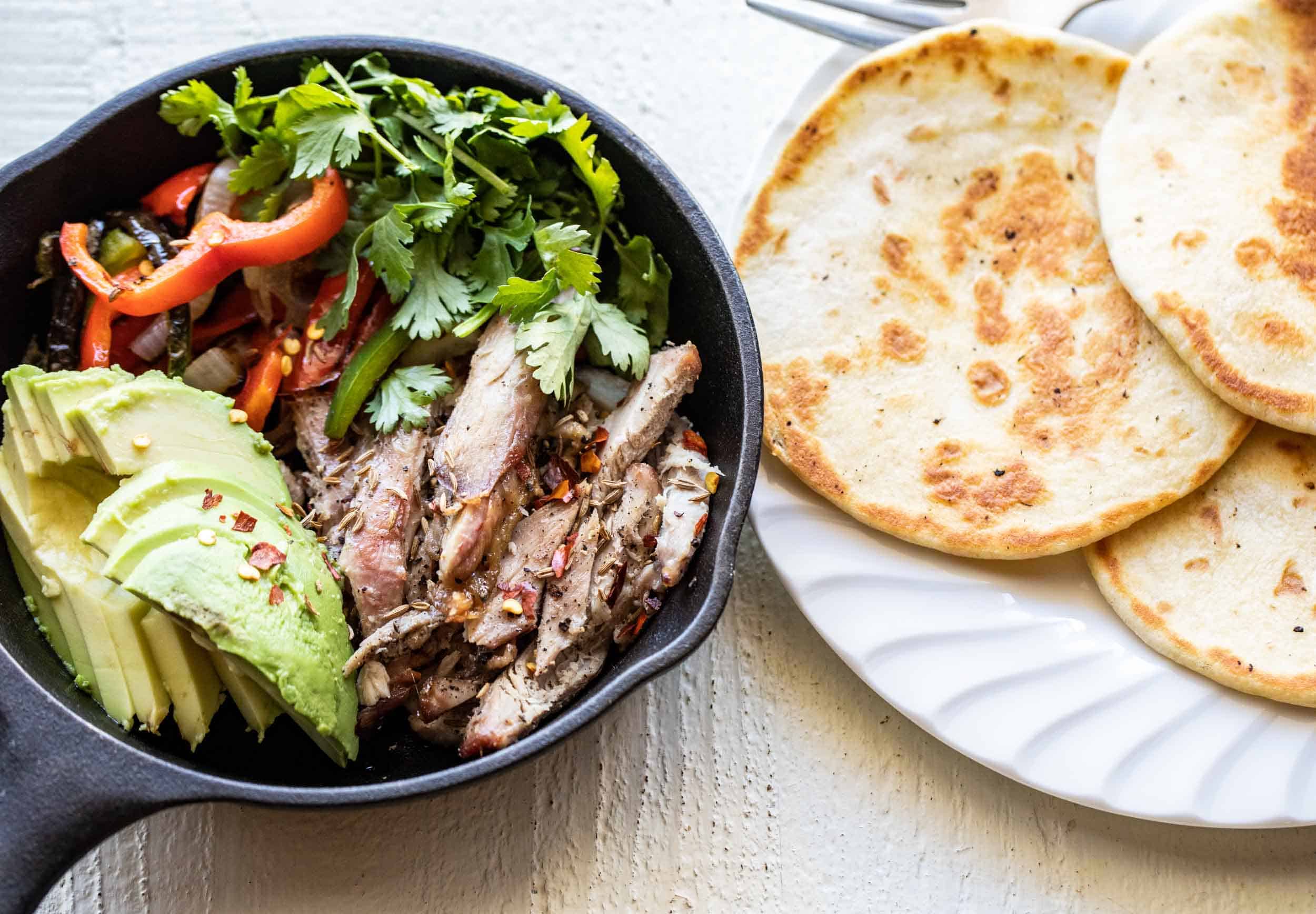
-

-
![Homemade Taco Seasoning Image]()
-
![Black Eyed Peas Curry Image]()
-
![Lengua Tacos Image]()
-
![Homemade Taco Bowl Image]()
-
![Pickled Cauliflower Image]()
-
![Chilled Zucchini Soup with Shrimp Image]()
-
![Aaron's Mexican Dry Adobo Seasoning Image]()
-
![Malaysian Curry Powder Image]()
-
![Chana Masala Spice Blend Image]()
-
![How to Make Memphis Style Ribs Image]()
-
![Turkish Spice Blend Image]()
-
![Xinjiang Spice Blend Image]()
-
![Garam Masala Spice Blend Image]()
-
![Copycat Emeril's Blackened Meat Seasoning Image]()
-
![Cumin Chile Lamb Kabobs Image]()
-
![Dal Makhani - Creamy Restaurant Style Image]()
-
![Lentils with Lamb Stew Image]()
-
![Baharat Arabic Spice Mix Image]()
-
![Egyptian Dukkah Image]()
-
![Grilled Beef and Lamb Kebabs (Kefta) Image]()
-
![Roasted Carrots with Lime and Toasted Cumin Coriander and Fennel Image]()
-
![Red Lentils with Bagaar Spiced Turkey Image]()
-
![Harissa Paste Image]()
-
![Iraqi Grilled Chicken (Djaj Bil-Bahar Il-Asfar) Image]()
-
![Pulled Pork Tostadas Image]()
-
![Yucatan Pork (Cochinita Pibil) + Video Image]()
-
![Pork Rib Rub Image]()
-
![Roasted Cauliflower Mediterranean Farro Salad Image]()
-
![Chickpea and Kale Stirfry Image]()
-
![Tex-Mex Stuffed Slow Cooker Sweet Potatoes Image]()
-
![Shredded Sweet Potato Breakfast Tacos Image]()
-
![Sausage and Fresh Peach Sandwich Image]()
-
![Curried Mango Chicken Salad Image]()
-
![Cashew and Chickpea Curry Image]()
-
![Spicy Roasted Cauliflower Image]()
-
![Papas Rellenas Image]()
-
![Lamb Meatballs with Harissa Image]()
-
![Chipotle Black Bean Soup Image]()
-
![Homemade Saag Paneer Image]()
-
![Wild Rice Stuffed Peppers Image]()


